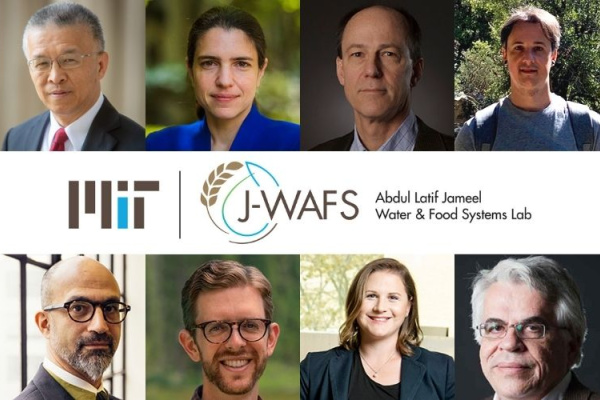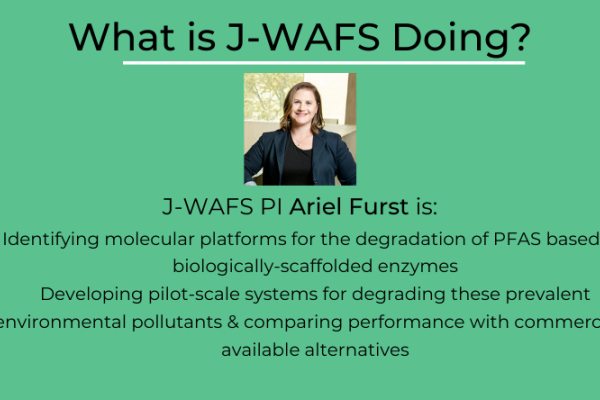Our Research Enzymatic biomaterials for PFAS degradation
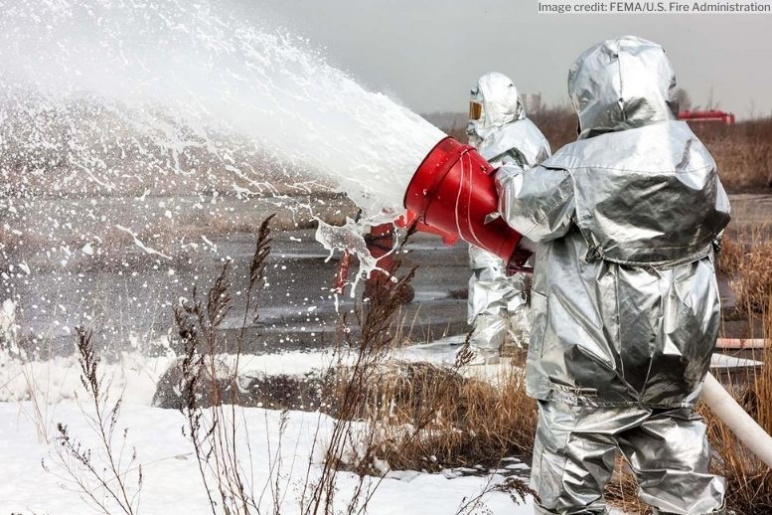
The military uses aqueous film-forming foam (AFFF) containing PFAS as a fire suppressant, which is a major source of these compounds in drinking water
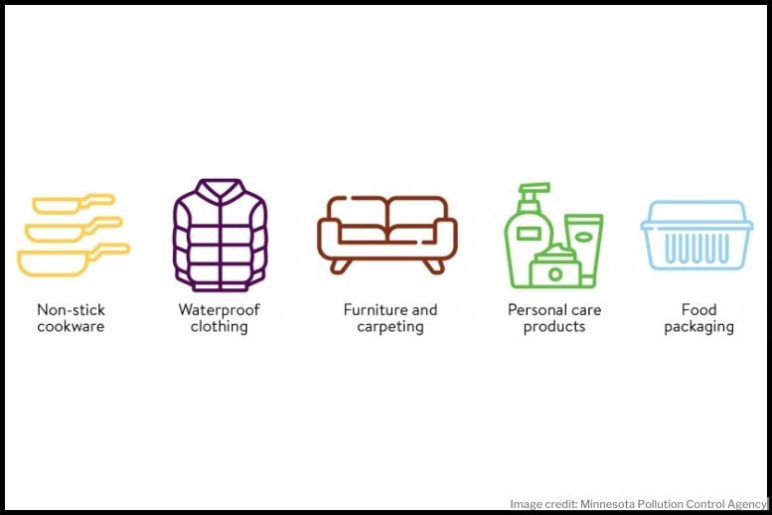
PFAS are in many consumer products
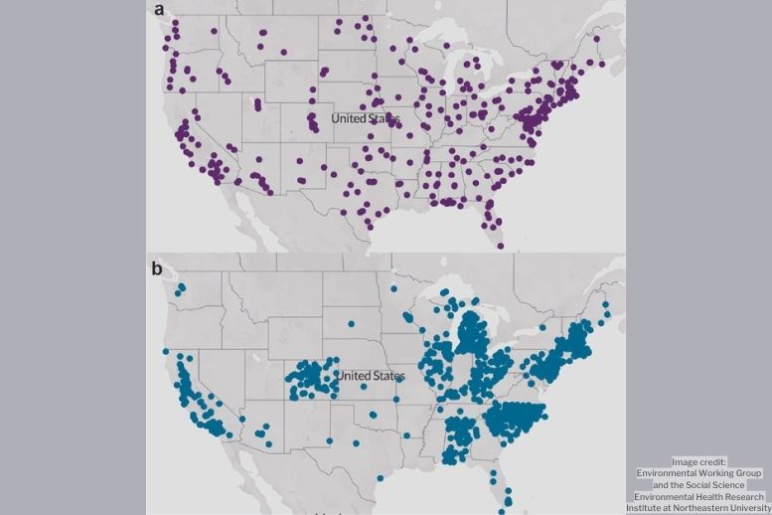
PFAS-contaminated areas in the United States for a) military sites and b) drinking water
Principal Investigator
Ariel Furst
- Associate Professor of Chemical Engineering
- Department of Chemical Engineering
Ariel L. Furst is an associate professor of chemical engineering at MIT. Her lab combines biological, chemical, and materials engineering to solve challenges in human health and environmental sustainability. She is a CIFAR Azrieli Global Scholar, the recipient of a 2022 3M Non-Tenured Faculty Award, and the Army Research Office Early Career Award. She is passionate about STEM outreach and increasing the participation of underrepresented groups in engineering.
Challenge:
How can we effectively remove dangerous and long-lasting chemicals from the environment?
Research Strategy
- Identify molecular platforms for the degradation of PFAS based on biologically-scaffolded enzymes
- Demonstrate pilot-scale systems in the laboratory and compare performance with commercially available alternates
Project description
Per- and polyfluoroalkyl substances (PFAS) are man-made chemicals that have been extensively used in consumer products, yet they do not readily degrade in our bodies or in the environment. Exposure to these compounds can lead to significant health issues including developmental effects on infants (e.g., low birth weight, accelerated puberty, and skeletal variations); cancer; liver damage; and thyroid effects.
The danger posed by potential exposure to these compounds demands novel, easy-to-use, deployable remediation technologies, as current remediation methods are limited to inefficient capture. The research team will develop point-of-use methods for degrading these prevalent environmental pollutants. The proposed technology utilizes low-energy, scaffolded enzyme materials to move beyond simple capture to degrade the hazardous pollutants.
Outcomes
- Successfully expressed radical-generating enzymes on the surface of E. coli, though they were not as active as anticipated
- Found inexpensive photocatalytic materials for PFAS degradation
- Prepared publications and secured industry-sponsored research funding for continuation of this research, demonstrating interest in the results of the work
News
Additional Details
Impact Areas
- Water
Research Themes
- Water Purification & Desalination
Year Funded
- 2022
Grant Type
- Seed Grant
Status
- Completed

